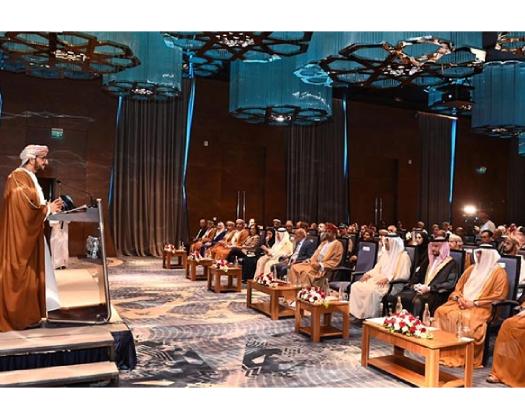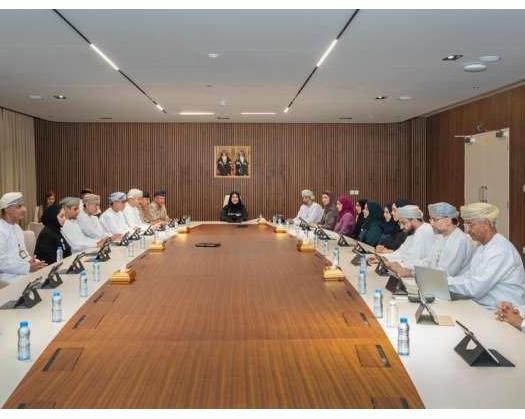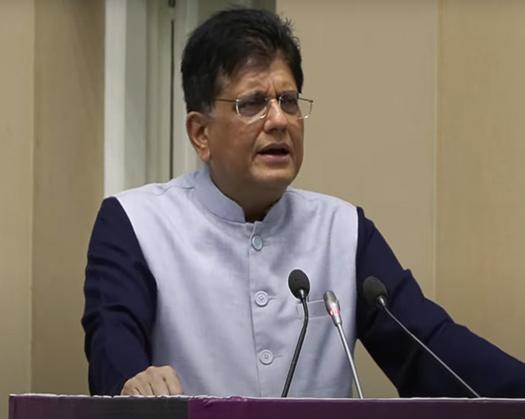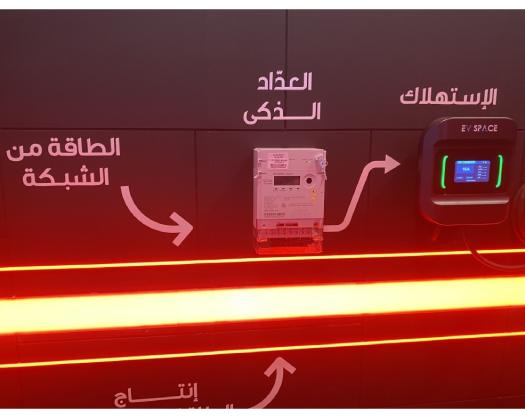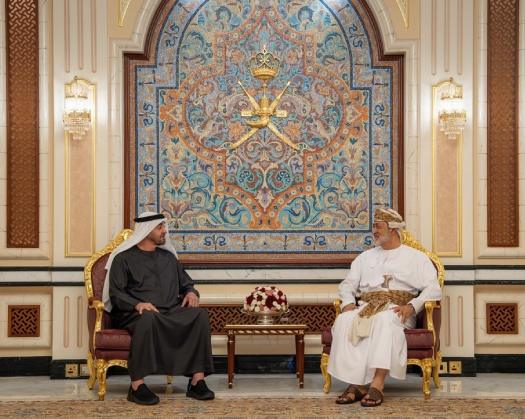Muscat: The Government Forum to Combat Human Trafficking in the Middle East (2024), hosted by the Sultanate of Oman, has put forward several recommendations. These include the need to update laws to keep up with the evolving nature of human trafficking crimes and the innovative techniques used by criminals to conceal their violations.
The forum, titled "Combating human trafficking through labour legislation and procedures," took place in Muscat on Wednesday. It emphasized the importance of regularly reviewing existing laws, particularly those directly related to trafficking in persons and those concerning work in the private sector.
One of the key recommendations was to update statutes to ensure they remain aligned with the latest developments in criminal activities and the methods employed to commit them. Additionally, the forum highlighted the importance of expanding the supervisory role of labor inspectors.
To effectively implement the recommendations, the forum stressed the need to establish a technical working group. This group would consist of representatives from relevant departments, the Secretariat of the Forum, the "United Nations Office on Drugs and Crime," and other UN agencies involved in combating human trafficking.
The working group's primary responsibility would be to develop a roadmap for implementing the forum's recommendations and to monitor progress towards achieving the overall goals of the forum.
The opening ceremony of the forum was held under the patronage of Dr. Mahad Said Ba'Owain, the Minister of Labour.
The event aimed to foster a unified approach to combat human trafficking, ensuring the sustainability and effectiveness of punitive measures, providing training for those involved in combating the crime, and offering specialized assistance to victims.
Sheikh Khalifa Issa Al Harthy, the Undersecretary of the Foreign Ministry for Political Affairs and Chairman of the National Committee to Combat Human Trafficking, emphasized that the Sultanate of Oman has implemented numerous measures to safeguard workers from exploitation and human trafficking. One of these measures involved the enactment of a new labor law through Royal Decree No. (53/2023), which explicitly prohibits forced labor and related practices.
Additionally, Sheikh Khalifa highlighted several other initiatives undertaken by Oman, including the establishment of a dedicated team comprising representatives from relevant government departments. This team has actively engaged with labor-exporting countries, signing memorandums of understanding to enhance bilateral cooperation in the areas of labor and human trafficking prevention.
Furthermore, Oman introduced the Wage Protection System, an electronic monitoring tool that serves as a vital link between the Ministry of Labour and the Central Bank of Oman (CBO). This system effectively monitors the disbursement of wages in private sector establishments, ensuring compliance with Article 87 of the Labor Law and enabling authorities to track the payment of workers' dues.
To enhance inspection operations and collaborate with security support services, Oman established a joint inspection unit that acts as a liaison between the Ministry of Labour and the security and safety service. This unit aims to improve the quality and efficiency of inspections, streamline employment procedures, and intensify campaigns against the employment of unauthorized labor.
Moreover, the National Committee to Combat Human Trafficking launched a comprehensive National Action Plan (2024-2026) to further strengthen Oman's efforts in preventing and penalizing human trafficking in all its forms.
Lastly, Oman is in the process of preparing a new law to combat human trafficking, which involves amending and enhancing the existing legislation. These proactive measures demonstrate Oman's commitment to eradicating human trafficking and ensuring the protection of workers within its borders.
Dr. Hatem Ali, GCC Regional Representative of the United Nations Office on Drugs and Crime, commended Oman for its efforts in combatting human trafficking through a well-defined and comprehensive approach to supporting victims and raising awareness within the community.
As part of the forum's agenda, a panel discussion was conducted to address the prevention of human trafficking through the implementation of national legislation, sharing experiences from participating countries, and analyzing the challenges faced by those involved in crime prevention efforts. The panel was attended by representatives from various countries and international organizations present at the forum.
Discussions during the panel focused on the practical steps taken by countries to combat human trafficking, sharing successful strategies and experiences, as well as examining legal frameworks and administrative procedures to tackle this issue effectively.
The forum highlighted the specific challenges encountered by participating countries, successful practices, and innovative approaches that have proven to be effective in reducing instances of human trafficking.
Participants in the panel emphasized the importance of strengthening international cooperation to address this critical issue and safeguard the rights of victims.
The forum brought together ministers, heads, and members of committees dedicated to combating human trafficking in GCC states, Jordan, Egypt, the Secretariat General of the GCC, the Arab League, the United Nations Office on Drugs and Crime, the US Department of State, the African Union, and the Association of Southeast Asian Nations.

